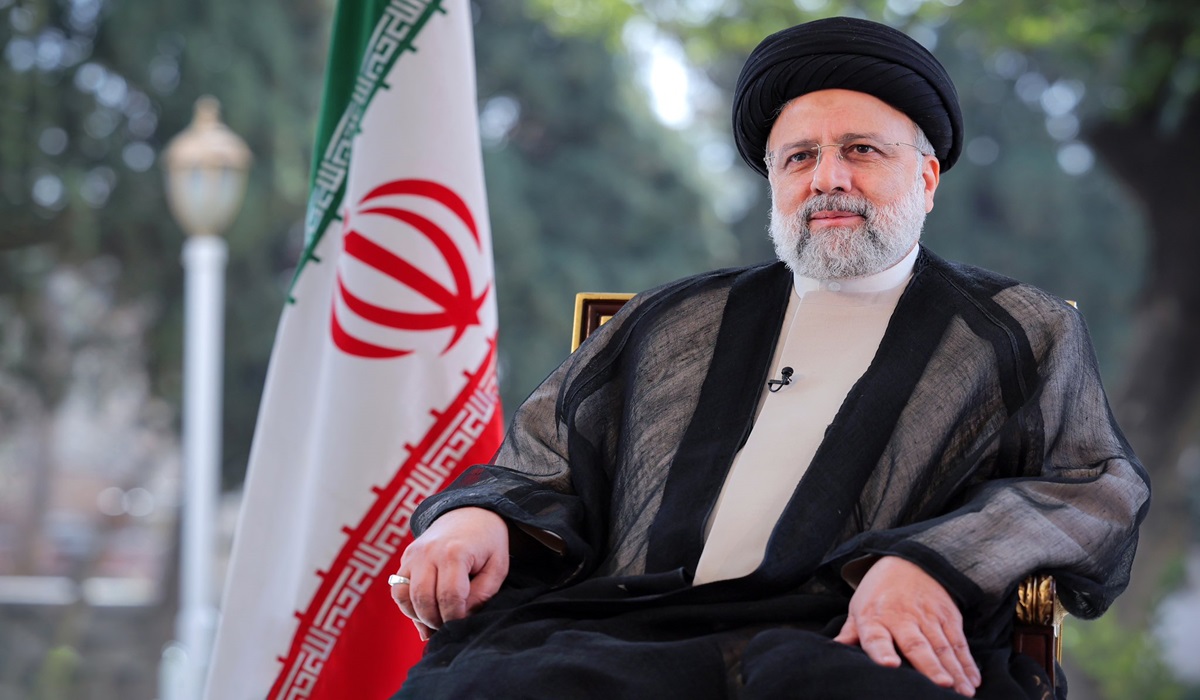What Did The Manitoba Tories Know? Sanford Health
- TDS News
- Breaking News
- Midwest USA
- Trending
- March 10, 2022

Sanford Health and its Entities agreed to Pay $20.25 Million to Settle False Claims Act Allegations Regarding Kickbacks and Unnecessary Spinal Surgeries to The United States Department of Justice.
What did the Manitoba Progressive Conservative Government know when sending vulnerable patients to one of the facilities associated with Sanford Health?
The Daily Scrum News obtained the filings from the United States Department of Justice regarding the settlement with Sanford Health and excerpts of it reads as follows:
“Sanford Health, Sanford Medical Center, and Sanford Clinic (collectively, Sanford Health), of Sioux Falls, South Dakota have agreed to pay $20.25 million in October 2019, to resolve a federal False Claim Act, that saw them accused of knowingly submitting false claims to federal healthcare programs resulting from violations of the Anti-Kickback Statute and medically unnecessary spinal surgeries.”
The United States Government alleged, “that Sanford Health knew that one of its top neurosurgeons was improperly receiving kickbacks from his use of implantable devices distributed by his physician-owned distributorship (POD).”
“In addition, the neurosurgeon’s colleagues and others repeatedly warned Sanford Health that the neurosurgeon was performing medically unnecessary procedures involving the devices in which he had a substantial financial interest, through a kickback scheme.
“The United States alleged that, despite these repeated warnings, Sanford Health continued to employ the neurosurgeon and continued to allow him to profit from the devices he used in surgeries performed at Sanford Health, and he continued to submit claims to federal healthcare programs for these surgeries, including procedures that were medically unnecessary.
“More than six years ago the Department of Health and Human Services Office of the Inspector General warned in a fraud alert that PODs were inherently suspect under the Anti-Kickback Statute. Unfortunately, these distributors remain questionable,” said Curt L. Muller, Special Agent in Charge, Office of Inspector General at the U.S. Department of Health and Human Services (HHS-OIG). “Patients in government healthcare programs rightly expect that surgeries are medically indicated, not performed to increase provider profits.”
“As part of the settlement, Sanford has agreed to cooperate with the Department of Justice in litigation related to alleged co-defendants, and the hospital system has taken various remedial steps, including terminating the employment of the neurosurgeon in question and prohibiting all Sanford physicians from profiting from their use of medical devices at Sanford. “
Matt Hocks, the CEO of Sanford Health said the health system denies any liability or wrongdoing and that Sanford settled because the $20.25 million amount is “far less than the unnecessary costs and operational disruption that would have persisted for multiple years.”
In a separate settlement agreement, Sanford Health will also pay $329,412.21 to South Dakota, fully reimbursing the State’s share of alleged Medicaid damages arising from Medicaid claims filed between January 1, 2010, through June 30, 2019.
We reached out to Sanford Health and they provided the following statement.
“Sanford Health in Fargo appreciates the opportunity to partner on a new medical care pilot with the province of Manitoba to care for patients in their time of need. We are committed to providing high-quality, specialized spinal care for a select number of patients over the next several weeks.” Brittany Sachdeva, vice president operations, Sanford Health Fargo
In January, the province’s Health Minister Audrey Gordon announced her government has entered into an agreement with Sanford Health, to outsource upto 300 spinal cord surgical procedures stemming from the surgery backlog to their North Dakota location.
Although the spinal cord surgeries will not be performed at the Sioux Falls location, what assurances did the Manitoba government put in place to ensure there are no unnecessary surgeries, as per the settled case with the U.S Department of Justice.
We made multiple attempts to connect with Health Minister Gordon with the hope of gaining a better understanding of the task force and the due diligence her office exercised in its decision for choosing Sanford health.
In all instances, the Health Minister did not respond to our emails, except for the autoresponder acknowledging she received our requests. Ministers are the face of the government and should be willing to answer the tough questions, especially when it involves taxpayer dollars.

We specifically wanted to know:
– What was the due diligence process in selecting Sanford Health?
– Was there an alternate option to Sanford Health?
– Who ultimately signed off on the decision to award Sanford Health the contract to perform spinal cord surgeries?
– What Canadian Hospitals were contacted before sending procedures to the United States?
These questions are of significant interest to the public, seeing as the full details of the contract with Sanford Health and the Manitoba government have yet to be disclosed to the public. Manitobans do not know if Sanford Health received a no-bid contract or went through the tendering process.
Manitobans should know if their government took into consideration Sanford Health’s historic settlement with the U.S Department of Justice for violations of the Anti-Kickback Statute and providing medically unnecessary spinal surgeries.
The Manitoba government remains tight-lipped on the details of the contract with Sanford Health to provide spinal cord surgeries to Manitobans. The most current update provided concerning the possible 300 spinal cord patients heading to the U.S, is a short blurb found on the Manitoba Government’s website that says:
“An agreement with Sanford Health in Fargo, North Dakota provides spinal surgeries as a part of Manitoba’s Out of Province Medical Referrals program. This will help reduce the waitlist for Manitobans, as the province builds its own capacity. Eligible individuals are referred by their specialist, typically for conditions such as spinal stenosis and chronic degenerative disc disease.
“Update: Spinal surgery has begun at Sanford, marking the start of a pilot program that will expand over time.”
As of now, Manitobans do not know the cost of sending surgeries stateside, as their government has yet to provide that information despite multiple requests from the public. According to Health Minister Gordon, the cost of sending patients to the U.S will come out of the $50 Million dollars given to the task force assigned to reduce the surgical backlog.
Manitobans have still not received a copy of the final report by the task force, as indicated by Minister Gordon on numerous occasions is forthcoming. The details relating to the surgical cost of outsourcing spinal cord surgeries to the U.S. is puzzling. Manitobans demanded a health care system that works and transparency from their government with how they spend taxpayers’ monies.
The move to send Manitobans out of the country did not sit well with The Canadian Spine Society, which called for the government to rethink its plan of diverting badly needed funds that could improve access within the province.
In March 2021, Premier Pallister announced $50 million dollars to address the backlog of surgeries which at the time was estimated to be 10,000 on the waiting list. The Premier further added the $50 million dollars would be in part to tackle the surgeries stemming from knees, hips and cataracts with no specific details regarding spinal cord surgery or a task force to reduce the surgical backlog.
Where did that money go?
We’ve made several attempts to get answers from Health Minister Audrey Gordon, she did not respond. We wanted to know;
- How much of the $50 million dollars announced in March of 2021 was used?
- How many of the 10,000 backlogged surgeries in March 2021 have been completed?
- Is the $50 million dollars that was announced by Health Minister Gordon new monies our a re-announcement of what was previously declared by Premier Pallister?
If $50 million dollars was to tackle a surgical backlog of 10,000 patients, what is the real cost to tackle a backlog of 160,000? The Manitoba Government and Health Minister have questions that are of importance to the taxpayers.
Since the government was elected, Manitobans and its physicians have questioned many decisions they have made for the healthcare system. It is also important to note Manitobans have seen four Ministers attempt to tackle the Healthcare portfolio within a year and a half. That inconsistency only leaves Manitobans with more questions regarding their government’s ability to provide them with the best healthcare possible.
Before COVID-19, Manitobans were already waiting extended periods for surgical procedures, and the handling of the pandemic added additional stresses to a healthcare system that was already on its brink.
Manitobans want to know the details of how their government plans to alleviate the 160,000 patients waiting for surgery. The decision by the Manitoba Government in 2017 to close multiple emergency rooms is proving to be a self-inflicted wound that was predictable and avoided.








